For months I’ve been reading about something called “pregnancy brain.” Basically forgetfulness, feeling like it’s hard to focus, just feeling a little “off.” I scoffed at it. That wouldn’t be me! I have super focus! Well…somewhere around the beginning of the 3rd Trimester I think I got it. I first noticed it when I was trying to read my books. I just could not focus on what I was reading. If a book didn’t catch my attention immediately and was fast-paced I lost interest, couldn’t focus…I tried slogging through several books (some of which I had been wanting to read for awhile) and I kept thinking “god this book is garbage!” I just couldn’t get into ANYTHING.
I think it’s me.
Long ago I realized there was no reason to force yourself to read a book that you couldn’t get in to. I used to. But then I realized, not every book is perfect for every person and sometimes books just don’t speak to you. That’s ok. There are so many books in the world, waiting to be read, why waste time on something you hate? (Ahem…Twilight, Not That Kind of Girl, Silas Marner, Where’d You Go, Bernadette, The Paris Wife, The Goldfinch, The Help <–just to name a few I HATED and couldn’t finish). It doesn’t matter if it’s a “popular” book. That doesn’t necessarily mean it’s good (50 Shades of Gray comes to mind, another one I skipped).
So anyhoo….I went through a dry spell for a few weeks where I started about half a dozen books, got anywhere from 20-40% through them and then had to quit. The books here were not ones I quit!
1 ) The Beautiful Mystery: A Chief Inspector Gamache Novel by Louise Penny
Book #8 in the series. It was a departure from the other books. This time it did not take place in Three Pines and the usual cast of characters wasn’t involved. Instead, CI Gamache and Jean-Guy Beauvoir are sent to a remote island in the middle of the Quebec wilderness to investigate a murder at the Saint-Gilbert-Entre-les-Loups monastery. The monks have taken a vow of silence except for the Gregorian chants they sing. The vow has been lifted and Gamache and Beauvoir are locked into the monastery to do their investigation.
Perusing the reviews it seemed like a lot of people didn’t like the book, partly because it was a way different book than the rest of the series. I didn’t have that issue. I enjoyed that it was different and I was super fascinated by the monastery and their investigation. I felt like the book was another strong one in the series and I liked it a lot!
2 ) Gone Missing by Linda Castillo
Book #4 in the Amish series. This is another book that takes a departure from the usual story in the series. This time Kate is asked to assist the state investigators with a series of missing persons cases around Ohio, instead of investigating something in her town. She’s asked because she used to be Amish and all the missing girls are Amish, many going through Rumspringa, the time that Amish teens are able to experience the “Real World” outside of the Amish one and decide whether or not they want to be baptized into the Amish life.
The book was really good but it felt like it was on the shorter side. Other than that it wrapped up nicely and I was satisfied with the ending.
3 ) Still Missing by Chevy Stevens
I almost didn’t finish this book and when I did I was reluctant to include it here as a recommendation. These book posts are generally books I *really* liked and wanted to pass on to you guys. I don’t include a lot of books that I read that are “just ok” or nothing special.
This book, however, I was on the fence about. It’s about Annie, a 30-something realtor who is abducted and held captive for a year in a remote cabin in Canada. The Freak, as she calls him, abuses her in every imaginable way for that year. The book is partly about that and partly about the “After”–when she’s trying to heal and move on.
The reason I’m on the fence about it? I almost couldn’t read the first 1/2 of the story. It was brutal, disturbing, VERY GRAPHIC with the abuse and just so dark I wanted to quit reading it. I read a lot of “dark” books and usually they don’t bother me but this one did. A lot. I told myself I’d read one more chapter and then I’d give up and (I guess thankfully??) the book got much better and took a turn for the positive and the ending was really, really good. It was worth reading the whole thing, even if it made me really uncomfortable in the beginning. But be warned, it is NOT for the faint of heart.
4 ) Thirty Million Words: Building a Child’s Brain by Dana Suskind
This book was written by a cochlear implant surgeon at University of Chicago Medical School and it’s about how crucial early communication is for a child’s growth. She founded the Thirty Million Words Initiative and the book tells parents to follow the three Ts: Tune in to what your child is doing; Talk more to your child using lots of descriptive words; and Take turns with your child as you engage in conversation.
The book is a little slow to get into and I almost gave up but a few chapters in it finally got to the “Goods” of it and I enjoyed a lot of the examples and suggestions it gave for communicating with your babies–starting at birth!
“The reading level in third grade generally predicts the ultimate learning trajectory for all children. [pg 16]”
“A large percentage of our physical brain growth is complete by the time we’re four years old. [pg 51]”
The book talks about how early stressors can stunt the brain growth of the baby. Cortisol floods the system and the brain doesn’t make the connections it needs to grow. “The results of brains permanently altered by stress include chronic behavior problems, health issues and learning difficulties. [pg 54]”
There was a chapter on praise and effective praise versus non-effective (which was similar to a lot of the stuff I read in “How to Raise an Adult” and the whole “millennial” problem). “If praise is not handled properly, it can become a negative force, a kind of drug that, rather than strengthening students, makes them passive and dependent on the opinion of others. [pg 103]”
“Offering choices encourages a child to think independently. [pg 176]”
The chapters on the “Three Ts” was really interesting and had examples of how to frame your talk and play with the child:
“Narration is also a way to familiarize a young child with the steps involved in routine activities. [pg 144]”
I really liked the chapter on how beneficial reading is, even if the baby is a newborn and not understanding it all yet!
“As with talking, how and how much a parent reads to a child during the first few years of life has a significant impact on the child’s school readiness and ultimate life trajectory. [pg 153]”
“While babies will not understand the words, they are comforted by the sound of a parent’s voice, the rhythm of the speech, and the warmth of the touch. While the first enticement of hearing a book may be the nurturing voice of a loving parent, the cadence of words strung together into sentences is a very early lesson in how language works. [pg 157]”
The book was insightful and interesting.
5 ) Modern Romance by Aziz Ansari
I really liked this book and found it both interesting and horrifying. It made me grateful that I’m not in the current dating market. When I met my husband it was the cusp of this “online” world and while we met online (we were just friends) we eventually met in person and THEN the friendship turned into something else. But before that, I dabbled in the online dating world and it was rough. This book kind of took me back to that time where you feel like you’ll never meet anyone because you’re just not meeting quality people. Lots of duplicity, stress, not feeling connections, meeting people who are just looking for a hook up and can’t even have an intelligent conversation….yuck. I do not envy the younger generation that is growing up in this world.
“…what I see out in bars today, which is usually a bunch of people staring at their phones trying to find someone or something more exciting than where they are.”
This book is co-written by a sociologist and it’s much more of a sociology book than a comedy book. So if you see Aziz Ansari’s name and think it will be a laugh riot, it’s not. Yes, it’s funny and I chuckled many times, but it’s more about the study of modern romance and dating in the technological world. So be prepared.
“The skill that went into making a phone call to a romantic interest is one that younger generations may never need or want to build.”
Sad. Remember back in the day before cell phones when you had to call someone you liked and they may or may not have caller ID, or an answering machine, and you’d have to leave a message and hope they call you back…so much was unknown! Now? With cell phones you can tell if the person received your text and is just choosing not to respond.
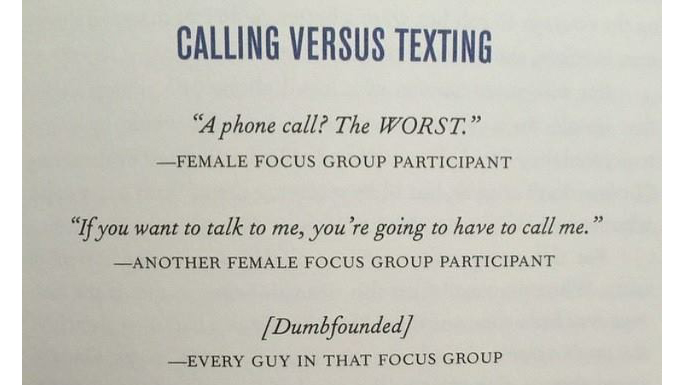
He talked about a woman that had gone to one of his focus groups and was so sick of text messaging that she turned off the service. She could only be reached through actual phone calls. “This woman never went on a date with a man again. No, she actually started dating someone soon afterward. She also claimed the guys who did work up the courage to call her were a better caliber of man that she was, in effect, able to weed out a lot of the bozos.”
“…Younger people are so used to text-based communications, where they have time to gather their thoughts and precisely plan what they are going to say, that they are losing their ability to have spontaneous conversations.”
I do think people are losing the ability to have real conversations. So much is done online. I was never a fan of the phone call, even “back in the day” but now? I absolutely LOATHE having to make a real phone call and talk to a person–about anything. It’s created this anxiety that makes me dread having to do it. It’s so much easier to text or email…
“But our research also convinced me that too many people spend way too much time doing the online part of online dating, not the dating part…It should be called ‘introducing services.’ They enable you to go out and go and meet the person yourself.”
Basically, MEET someone online and stop with the online “relationship” and back and forth, meet in person and have an actual conversation. People are spending way too much time chatting back and forth, then things fizzle out and you never actually meet them. He gave a few different, good, examples of this.
The book talks about how different relationships, meeting people and getting married are now compared to even one generation ago. Basically people in our parent’s generation met someone who lived in their neighborhood, got married really young, and that was it. Nowadays there’s a time period where people in their 20’s are living in an “emerging adulthood” limbo where they are dating around, traveling, working, meeting people, and not getting married young.
“We are no longer the generation of the ‘good enough’ marriage. We are now looking for our soul mates.”
The book was a really fascinating reflection on love and marriage and the challenges current generations face. If you’re single, or in the dating world, it’s worth reading just to see if you’re falling into any of the traps that are emerging in this “new world.”
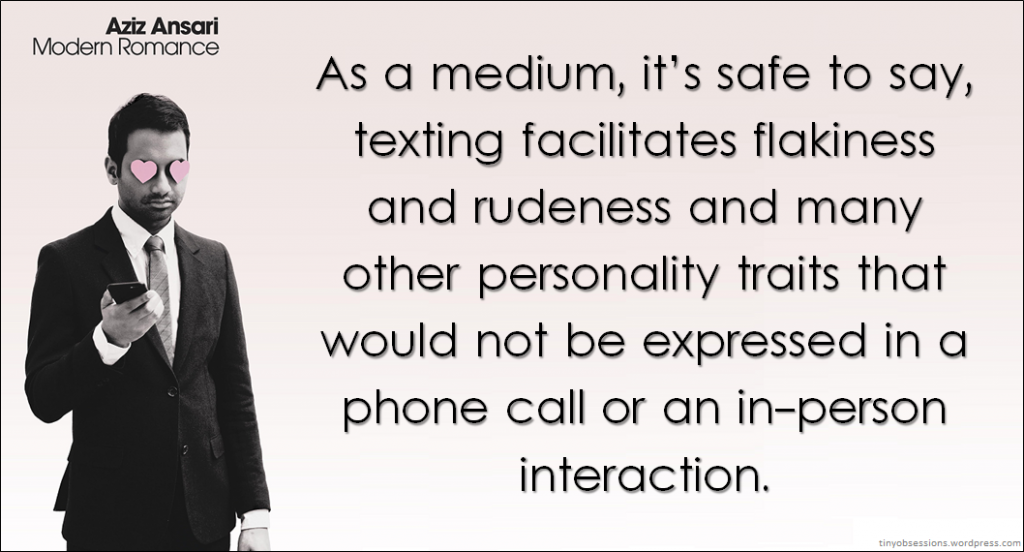
6 ) The Opposite of Spoiled: Raising Kids Who Are Grounded, Generous, and Smart About Money by Ron Leiber
I really enjoyed this book. It was pretty basic but it had some good ideas, and some things I hadn’t even thought of either. I liked the creativity of different parents in their quest to teach their young children (and teens!) how to be smart about money.
“Spoiled children tend to have four primary things in common…They have few chores or other responsibilites, there aren’t many rules that govern their behavior or schedules, parents and others lavish them with time and assistance, and they have a lot of material possessions. [pg 10]”
Teaching kids how to save money, to learn when to spend it and how to track it is the focus of the book. He suggested getting three clear plastic containers (so the kids have the visual of the money in each jar) instead of a piggy bank, and label them Spend, Give and Save.
“Figuring out how to delay gratification is a key part of handling money well. [pg 47]” and “Teaching our children the ability to wait is a big part of our overall goal. [pg 48]”
The Spend container holds money for the impulse buys. The “fun” stuff kids wants when you are out and about. The Save jar is self-explanatory. The Give jar is for teaching kids the importance of giving to people who need it. He emphasizes having the kids research where to give so that they pick something they can feel passionate about and he shared some great stories of different kids who took up causes that were important to them.
I loved this concept and it was pretty basic and easy for a first budget. Any kid could understand the three jars and it teaches them values AND how to save money. The author then talked about a financial planner who would “pay interest on the money their kids save and that which they set aside for charity. The interest starts off quite generous–anything under $50 earns 50% each month [pg 50]” and then the interest “schedule” went down.
“When parents tie allowance to the completion of chores, they make work the primary focus, not money. [pg 46]”
I never had an allowance as a kid. My parents definitely taught me the value of a dollar and they were both pretty conservative with money, which I turn became as well. But since I didn’t have an allowance, I ended up starting to babysit when I was 9 years old. Pretty young. But I was responsible for my age and once I started babysitting I pretty much always had a job. When I turned 16 my parents gave me the old family car but I had to pay for my gas and insurance–which meant I needed a real job to pay for that. At the time I probably felt a little jealous of friends whose parents paid for everything but I wouldn’t change it at all because it definitely taught me to be self-sufficient, always be able to take care of myself and pay my own bills, and it taught me to value money. I think it was an important lesson that made me who I am today and I plan on doing the same with my kids.
I liked the book a lot and it gave me a lot of good ideas for our kids!
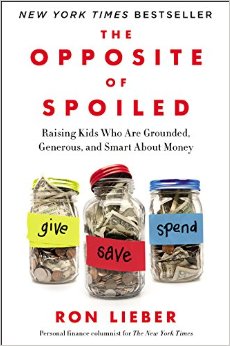
7 ) The Dead Will Tell (Kate Burkholder Book #6) by Linda Castillo
I was getting worried that these books would start to feel repetitive with the story line always being something that happened with the Amish–but this book took a different route in the story and it was done well. I liked the mystery and I was left guessing until the end. It was really well-rounded as a story and I enjoyed it. In this book some local townsfolk are being brutally murdered and it turns out that they are paying for a crime they committed years ago and kept secret all this time.
I also wanted to mention that I discovered over the weekend “An Amish Murder” on Netflix–based on the first book in this series. Neve Campbell stars Kate Burkholder and it was pretty well done, even if I didn’t think some of the other casting worked well. But I wanted to pass it on in case you wanted to watch it!
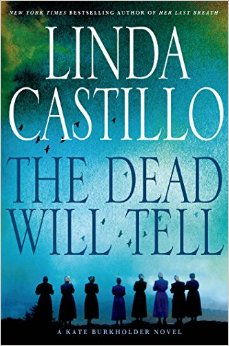
These book posts have Amazon affiliate links.
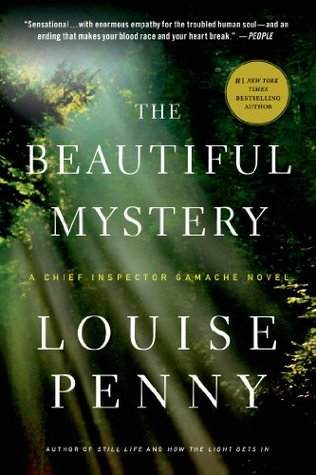
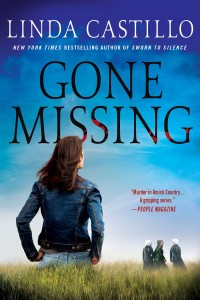
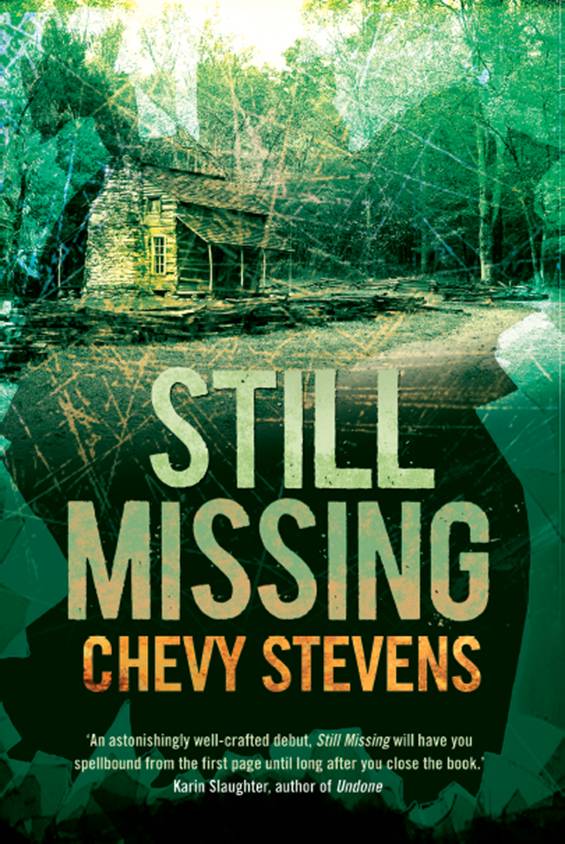
Sarah
Ooh, I think I will be snagging a copy of The Opposite of Spoiled. It looks interesting and money management skills are so important to teach.
I never had pregnancy brain, so the post-birth mom brain where I couldn’t remember ANYTHING was a horrible reality that I was not ready for!
Lisa Eirene
It was good. It had a lot of great ideas.
Oh no! I didn’t know that was a thing, too. I’m sure I’ll get it. LOL
Sarah
It sounds like it! I just read Brain Rules for Baby by John Medina. I found that one interesting as well.
It was horrible. Eric would tell me to remember something and I’ve have forgotten it within five minutes.
Lisa Eirene
Thanks for the recommendation. I’m seeing if my library has it now!
Oh yes. I have that. Totally spacey, forgetful…it’s hard!
Beth
Don’t know if you watched Aziz’s Netflix series Master of None but it was really great! I’m a big fan of his I’d like to read his book
Lisa Eirene
I haven’t seen it but I think someone else was telling me to watch it too. I’ll do that next!